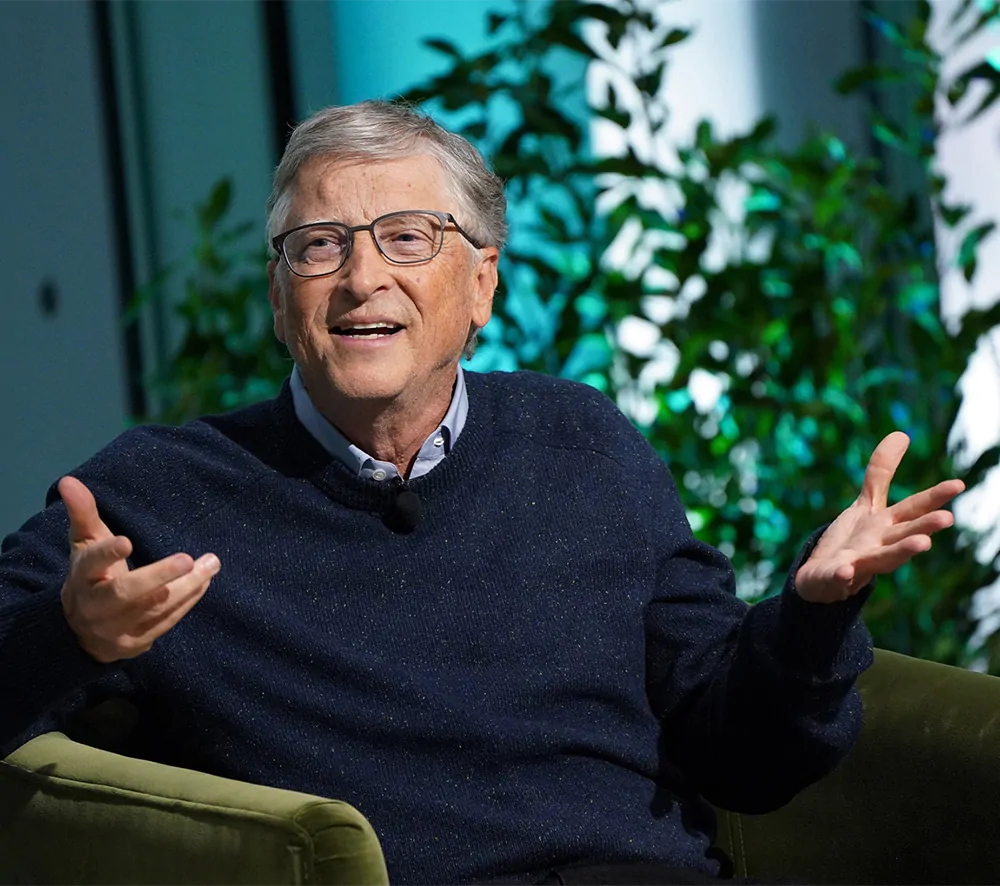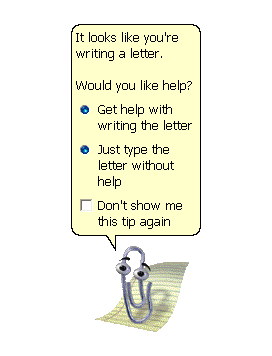The AI world was rather quiet and peaceful, until people realized its potential, and found the possible extent of using the technology.
Bill Gates, the co-founder of Microsoft, has seen lots of tech advancements throughout his life and career.
As a person who has written his name in history as the person who revolutionized personal computers, Gates is also known as the person who made numerous theories that were later became true.
He predicted the COVID-19 pandemic, and saw the emergence of AI coming, and how the technology can affect the labor market.
As more and more people, and more and more companies and organizations, as well as governments, are experimenting with AI to unlock its full potential, Gates is certain that "AI is about to completely change how you use computers."

In a post on his personal blog, the billionaire said that:
"In the next five years, this will change completely."
This is because according to Bill Gates, people won't have to use different apps for different tasks anymore.
"And depending on how much information you choose to share with it, the software will be able to respond personally because it will have a rich understanding of your life. In the near future, anyone who’s online will be able to have a personal assistant powered by artificial intelligence that’s far beyond today’s technology."
Gates called this technology "an agent."
Human-computer interaction (HCI) is a multidisciplinary field of study focusing on the design of computer technology and, in particular, the interaction between humans (users) and computers.
And the so-called agents aren't going to only change HCI, because they're also going to change the software industry as a whole, "bringing about the biggest revolution in computing since we went from typing commands to tapping on icons," said Gates.
Read: 'AI Arms Race' Could Involve The Design Of 'Nuclear Weapons And Bioterror Attacks'
Thanks to technologies like generative AI, which was first popularized by OpenAI's ChatGPT, future agents will be much smarter and "dramatically better" than any other digital assistants that came before them.
"An agent will be able to help you with all your activities if you want it to. With permission to follow your online interactions and real-world locations, it will develop a powerful understanding of the people, places, and activities you engage in. It will get your personal and work relationships, hobbies, preferences, and schedule. You’ll choose how and when it steps in to help with something or ask you to make a decision."
"Agents are smarter. They’re proactive—capable of making suggestions before you ask for them. They accomplish tasks across applications. They improve over time because they remember your activities and recognize intent and patterns in your behavior. Based on this information, they offer to provide what they think you need, although you will always make the final decisions."
And according to Gates, the most exiting part is that, these agents are able to "democratize services that today are too expensive for most people."
From AIs in health care to help with administrative tasks, to AIs in education that can help make teachers’ jobs easier and help students learn, and also AIs for productivity, which is like assistants dedicated to help users with various tasks.
Then, AIs for entertainment and shopping, which allows people to pick out and recommend the entertainment they want
Every one of these can create "a shock wave in the tech industry."

Gates has previously spoken about how he believes the AI revolution will lead to everyone having their own "white collar" personal assistants, and thanks to the advancement of generative AIs in general, and how the public perceived them, Gates predicts that AI will take over pretty much of people's lives.
These agents will be able to help with virtually any activity and any area of life.
The ramifications for the software business and for society will be profound.
As long as the technical challenges and privacy questions, among others, can be solved, these agents can become so good that everyone can have a high quality of life without working nearly as much.
But Gates is also worried in a future like that.
If AIs can be so smart and make life so much easier, "would anyone still want to get an education when an agent has all the answers? Can you have a safe and thriving society when most people have a lot of free time on their hands?"
"But we’re a long way from that point. In the meantime, agents are coming. In the next few years, they will utterly change how we live our lives, online and off," he said.
Read: Generative AI Is Turning 'Will Never Happen' Into 'Will Happen Faster Than You Think'